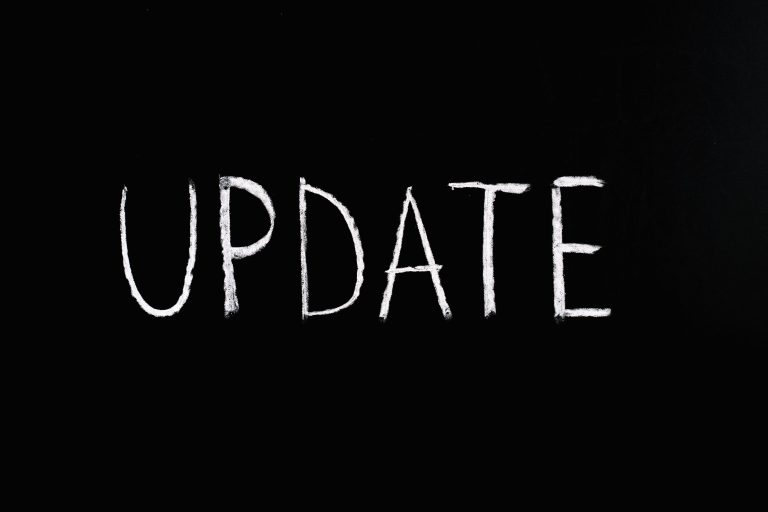Establishing mental capacity when you write your will is possibly not something that you would naturally consider. Particularly if you’re writing your will in your younger years (which we firmly believe that you should, by the way), thoughts of diminishing mental capacity and any thoughts of dementia are a long way off. Even in your later years, you may not consider your mental capacity.
For will writers, establishing the mental capacity of their client and being sure that they meet the requirements of writing a valid will are the most important part of their role. And of course, this is often more important when a client is elderly or seriously ill.
Establishing Mental Capacity: Banks vs Goodfellow
Banks vs Goodfellow was a case brought in 1870 on the basis that John Banks did not have the mental capacity to understand the implications of his decisions laid out in his will.
John Banks, the testator in Banks vs Goodfellow had significant mental health problems, including being confined to a mental hospital for some years. After his discharge, Banks continued to suffer from delusions, including a particular aversion to a man called Featherstone Alexander who he believed was persecuting him.
In his will, Banks left his estate to his niece, Margaret Goodfellow. He had lived with his niece after the death of his sister, Margaret’s mother. Margaret died two years after Banks at the age of 20. Margaret died intestate, meaning that she hadn’t written a will. In this case, her estate passed to her paternal half-brother, who was not related to John Banks.
John Banks Junior, the son of John Banks’ half-brother, contested the will on the grounds that Banks did not have the mental capacity to write a will.
In this case, it was found that John Banks’ will was valid, and despite suffering delusions, these did not influence his decision regarding who should benefit from his estate.
The Banks vs Goodfellow test for Mental Capacity
This test provides three key pieces of information for the will writer, and which protect the will from challenge when it is executed:
- A testator* must understand what the will is, and what its effect will be. Understanding legal terminology isn’t essential, but a broad understanding of its impact is.
- A testator must understand the extent of the property that they are disposing of. That doesn’t mean the full inventory, but an understanding of the level of their wealth.
- A testator must be aware of who they would usually be expected to provide for even if they choose not to, and be free from any delusion of the mind that would cause the testator reason not to benefit those people.
A rule of thumb is that the person writing the will must understand the how what and who of their will.
*testator: a person who has made a will or given a legacy
Mental Capacity Act 2005
The introduction of the Mental Capacity Act in 2005 brought with it a new test of mental capacity. Under the Act, a person is deemed to have mental capacity unless proven otherwise.
It is necessary for a person to understand all of the information available to them that is relevant to the decisions that they are making, including the consequences of their decisions that are reasonably foreseeable. Under the Act, a person is not deemed to be lacking mental capacity if they make an unwise decision.
The position of the Mental capacity Act in relation to Banks vs Goodfellows has remained relatively untested until the 2014 case Walker vs Badmin. in this case Badmin was found to have mental capacity, and the will was upheld. In this case the judge, Strauss LJ considered that the Mental Capacity Act test is more difficult to satisfy than Banks vs Goodfellows for several reasons:
- Burden of Proof. In the case of the Mental Capacity Act and Banks vs Goodfellows, capacity is assumed unless it can be proven otherwise. However, to satisfy the test under the Act, if real doubt is raised, the burden of proof falls to the person who claims the will is valid to establish capacity. This is a change from Banks vs Goodfellows, where the burden of proof falls to the person contesting the will.
- Requirement to understand all information relevant to decisions. The Mental Capacity Act requires the person to understand all of the relevant information that has led to any decisions. This goes further than Banks vs Goodfellows, where only a much broader understanding is required.
- Reasonable Foreseeability. Using the Banks vs Goodfellows test, a person must only understand who they should be considering as a benefactor. Understanding the reasonably foreseeable consequences of a will is not necessary.
Mental Capacity and what it all Means….
In his deliberations during the Walker vs Badmin case, Strauss LJ took the view that the Mental Capacity Act 2005 was not suitable as a tool for the courts to use to establish the mental capacity of deceased testators.
What that means is that his judicial statement clarifies the position of Banks vs Goodfellows as the most suitable test to establish testamentary capacity.
In Practice
To protect a will against challenge on the grounds of diminished mental capacity the Banks vs Goodfellows test can be conducted during the process of writing a will.
Including the test in a will means that should a challenge be made, the person contesting a will, upon whom the burden of proof falls under Banks vs Goodfellows, must prove that the test that establishing mental capacity in the first place is invalid, and would prove to be exceptionally difficult to do.
To find out how we apply Banks vs Goodfellows to your will and establishing mental capacity, get in touch today



